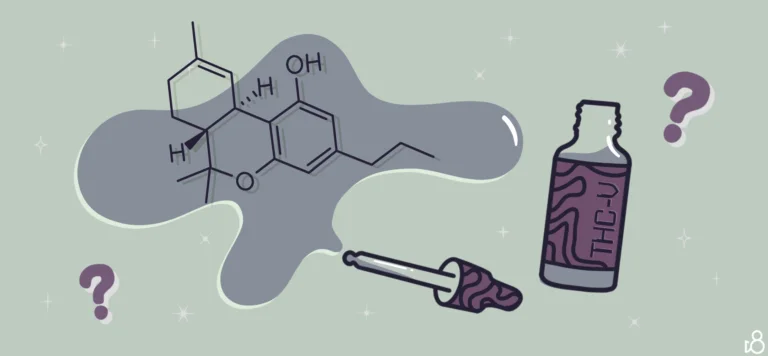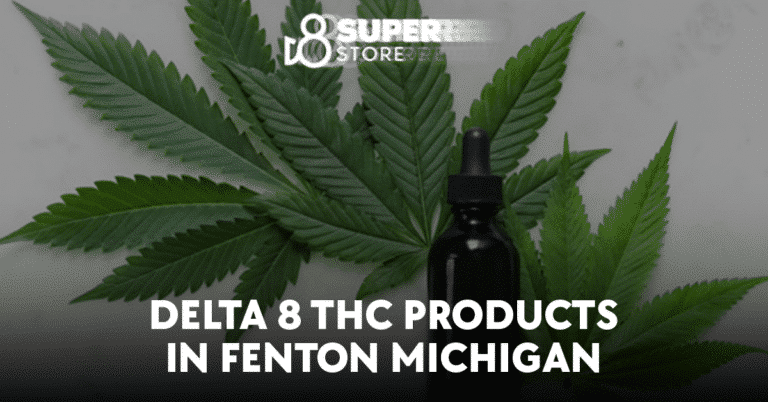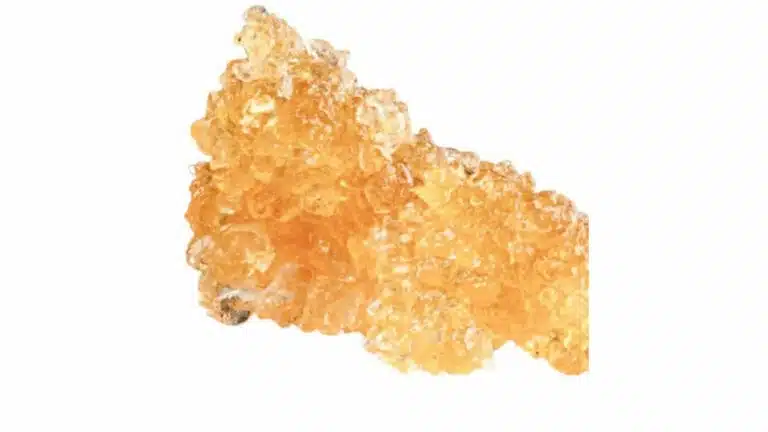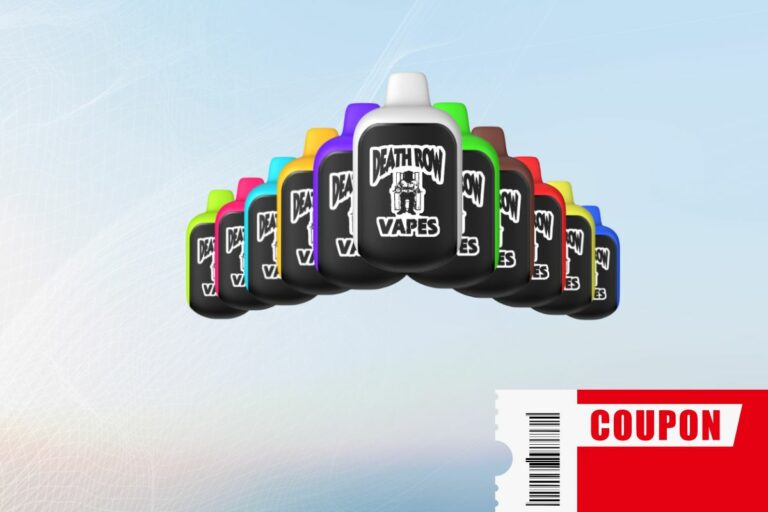Is Delta 11 Legal in Michigan? Understanding State Cannabis Laws
Digging into Delta-11 THC laws in Michigan is like going on a wild jungle trek – wild and packed with surprises. Relaxing with a smoke for a laugh or your health is cool, but when you really dig into the details of hemp goodies like Delta-11 THC, things start to get fuzzy. Remember, the backstory of this buzzy substance is super important, and the rules change whether you’re chilling at home or dealing with the big shots in Washington, D.C. As you unwrap this mystery, get ready for some brain teasers. Why hang in there? Knowing what’s up could save you a ton of headaches!
Table of contents
If you’re looking at Delta-11 THC’s legality, which is less well-known than Delta-8 or Delta-9 THC, the distinction between hemp-derived and marijuana-derived products becomes significant. Federal legislation, like the 2018 Farm Bill, legalized hemp and its derivatives; however, subsequent state laws and regulations, as demonstrated by the complexity of Michigan’s own measures, could affect Delta-11 THC’s legal status.
Considering that cannabinoids can sometimes be produced as a byproduct during chemical conversion processes may influence their legality, attention to the latest judicial rulings and legislative updates in Michigan is crucial for an accurate understanding of Delta-11 THC’s legality.
Background on Delta 11 THC
Delta 11 THC, also known as 11-hydroxy-THC, is a cannabinoid with a unique place in the expansive landscape of THC compounds. Unlike Delta-9 THC, the most well-known form of tetrahydrocannabinol commonly associated with the psychoactive effects of marijuana, Delta 11 is a metabolite that your body produces after ingesting THC.
When you consume cannabis, especially through edibles, Delta-9 THC undergoes a transformation in the liver and becomes 11-hydroxy-THC. This compound is more potent than its precursor, leading to the pronounced effects often experienced with edible cannabis products. Delta 11 THC is not found naturally in significant amounts in the cannabis or hemp plant; it is a byproduct of your body’s metabolization process.
Delta 11 and other THC isomers (variations of the THC molecule with the same chemical formula but a different structure) are the subject of ongoing research in the cannabinoid field. While Delta-9 THC is the most prominently featured compound in legislation, such as the distinction between legal hemp (with low Delta-9 THC content) and controlled marijuana (high Delta-9 THC content), the legal status of various THC isomers, including Delta 11, can be unclear and subject to state-specific regulations.
It’s important to note that cannabinoids interact with your body’s endocannabinoid system, and each individual may respond differently to various THC isomers. With ongoing changes in cannabis laws, staying informed about the legal aspects of different cannabinoids, including Delta 11 THC, is crucial particularly if you reside in or visit a state like Michigan.
Legal Status of Delta 11 THC in Michigan
As you navigate the complexities of cannabinoids, understanding the precise legal status of substances like Delta 11 THC in Michigan is crucial.
State Law and Regulations
In Michigan, state law governs the legality of various cannabinoids under the Michigan Regulation and Taxation of Marihuana Act. Delta 11 THC specifically is not mentioned in the act; however, it’s the legal status of “legal hemp” and derivatives that contain less than 0.3% Delta-9 THC that dramatically influence related substances. As it stands, Delta 11 THC derived from legal hemp could be considered legal in Michigan under state law, provided it complies with the Michigan Marijuana Regulatory Agency (MRA) regulations.
Federal Legislation
Federally, the 2018 Farm Bill distinguishes between marijuana, a controlled substance, and hemp, which is federally legal. This legislation legalized hemp products containing less than 0.3% Delta-9 THC. Although Delta 11 THC isn’t explicitly addressed, its legal status hinges on its source and whether the DEA classifies it under the Controlled Substance Act.
Comparative Legality in Other States
While Michigan may have its own stance, it’s beneficial to look at how other states handle Delta 11 THC. In California, Florida, and Illinois, cannabinoids from hemp are legal, while in states like Georgia and Hawaii, laws are more restrictive. Variations in state law across legal in California, legal in Florida, and other states highlight a patchwork of regulations that can influence Michigan’s future regulatory decisions.
Michigan House Bill Implications
Michigan House Bill 4744 addresses the regulation of hemp-derived cannabinoids, underscoring the state’s effort to clarify the status of compounds like Delta 11 THC. This bill aims to ensure that cannabinoids in Michigan are regulated and licensed correctly, fostering a safe market for users and businesses alike. Your understanding of the impacts of HB 4744 becomes essential in anticipating changes in the Michigan state law landscape regarding cannabinoids.
Delta 11 THC Availability and Sources in Michigan
Exploring the landscape of Delta 11 THC in Michigan reveals a patchwork of legal frameworks and access points. Your understanding of where and how you can obtain this cannabinoid is essential.
Retail and Dispensary Access
In Michigan, you can find Delta 11 THC products at state-licensed dispensaries. The Michigan Regulatory Agency (MRA) oversees the licensing of these dispensaries to ensure they comply with state regulations. As a consumer, you can purchase both marijuana products and hemp products that contain THC from these sources, provided you meet the age requirement.
Manufacturer and Grower Regulations
Manufacturers and growers in Michigan must adhere to strict guidelines set by the MRA to legally produce and distribute THC products. Licensing ensures that the manufacturing processes for both hemp-derived THC products and marijuana-derived products meet safety and quality standards. Growers are also regulated to control substance quality and to prevent illegal distribution.
Consumer Safety Concerns
For your safety, be aware that THC products, including those derived from hemp or marijuana, are subject to regulation to mitigate potential side effects. The regulated market in Michigan means that Delta 11 THC products must have clear labeling and testing results, ensuring you are informed about what you are purchasing.
Online and Out-of-State Purchases
Michigan residents may be tempted to purchase THC products online or from out-of-state sources. However, you must be cautious, as the legality of such transactions can be complex. The MRA has not licensed out-of-state producers, so purchasing from these entities might involve products that are not regulated or tested to Michigan’s standards. Always verify the licensing and safety protocols of any online retailer claiming to sell hemp or marijuana products in Michigan.
Health and Legal Considerations
Navigating the legal landscape of delta-11 and its impact on health can be complex. This section discusses the specifics concerning medical marijuana patients in Michigan and the potential side effects and risks associated with delta-11’s use.
Impact on Medical Marijuana Patients
If you are a medical marijuana patient in Michigan, it is crucial to understand how delta-11 is regulated within the state. Unlike delta-9 THC, which is widely recognized and regulated, the status of delta-11 remains uncertain with evolving laws. Michigan has legalized the use of marijuana for medical purposes, ensuring that patients have access to cannabis treatments for their conditions. However, the nuances of delta-11’s legality may affect availability and regulatory oversight, potentially impacting your treatment options.
Potential Side Effects and Risks
When considering delta-11, it is essential to be aware of potential side effects that can affect your health and safety. Some users experience dry mouth, which is a common side effect related to cannabis products. Always be aware of the risks associated with the purity and sourcing of delta-11, as unregulated products may pose significant health risks. Here’s what you should watch for:
- Safety: Ensure that any product you use is tested and safe.
- Side Effects: Be prepared for possible effects such as dry mouth or other discomforts.
- Regulated Products: Use only regulated products to minimize risks.
Future of Cannabis Regulations in Michigan
As you navigate the evolving cannabis landscape in Michigan, it’s essential to keep abreast of the Michigan Regulatory Agency (MRA) which oversees cannabis regulations. In terms of controlled substances like Delta-8 and Delta-9, Michigan has legislation distinguishing legal hemp products from regulated cannabinoids.
Under state law, hemp-derived compounds with a Delta-9-THC concentration of not more than 0.3% are considered legal. However, the regulation and legality of other cannabinoids, including Delta-11, may depend on future interpretations and amendments by legislators and the MRA.
Licensing is a critical component for businesses operating in this domain. As you plan for the future, expect Michigan to possibly update licensing requirements, reflecting changes in federal and state cannabis laws. This ensures that all commercial activities stay within the legal framework and support a regulated market.
Here are key considerations for you:
- Stay informed on legislative updates regarding cannabis and its derivatives.
- Understand it is unlawful to cross state lines with marijuana, even where obtained legally.
- Compliance with MRA is non-negotiable for legal operations.
- The future could see further clarifications on hemp-derived compounds.
Bear in mind that these developments are under the scrutiny of both supporters and detractors of cannabis legalization, ensuring a dynamic regulatory environment. Stay vigilant and compliant to navigate the future of cannabis regulations in Michigan effectively.
Frequently Asked Questions
If you’re curious about the legality and characteristics of Delta 11 THC in Michigan, the following frequently asked questions provide focused insights into this specific cannabinoid.
Are there any legal restrictions on Delta 11 THC in Michigan?
As of now, Delta 11 THC is not specifically mentioned in Michigan marijuana laws, which means it falls into a gray area in terms of its legal status. However, it’s important to stay updated as state laws can change.
How does Delta 11 THC compare to Delta 9 in terms of potency?
Delta 11 THC is a cannabinoid similar to Delta 9 THC, the primary psychoactive component in cannabis. While research is limited, anecdotal evidence suggests that Delta 11 THC could potentially have comparable potency to Delta 9.
Can consuming Delta 11 THC result in a positive drug test?
Yes, consuming Delta 11 THC may result in a positive drug test. Drug tests typically look for metabolites of THC, and Delta 11 THC is likely to produce similar metabolites to other forms of THC.
What can consumers expect from the effects of Delta 11 THC?
The effects of Delta 11 THC can vary, but consumers generally report experiences similar to those associated with Delta 9 THC, which can include euphoria, relaxation, and altered sensory perception.
How does Delta 11 THC differ from Delta 10 in terms of strength?
Delta 11 THC’s effects and strength are not well-documented, but Delta 10 is commonly perceived to be less potent than Delta 9. It’s reasonable to deduce that Delta 11 could be more potent than Delta 10, although personal experiences may vary.
Where can individuals find Delta 11 THC products in Michigan?
Delta 11 THC products might be available in some dispensaries and stores in Michigan, but due to the uncertain legal status, it’s essential to research and verify the legitimacy and safety of the products you find.








